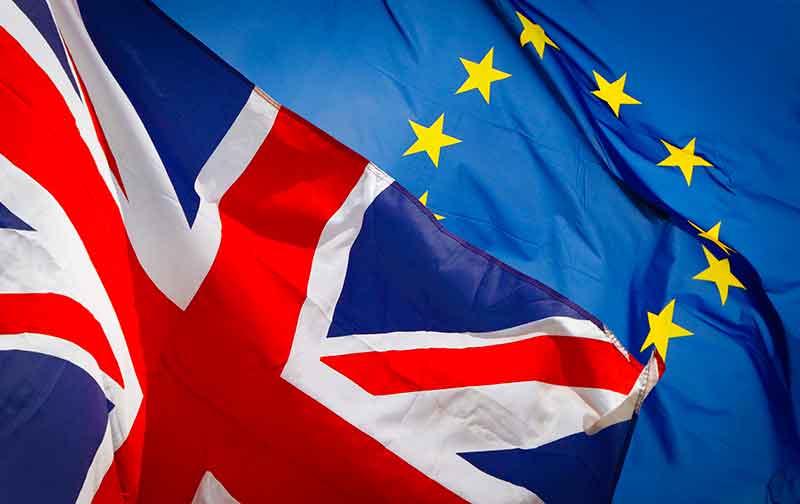Days
Hours
Minutes
Seconds
May 1 2026 - Renters' Right Act Commencement Day
You have 0 days to:
Serve any final Section 21 notices
Stop accepting above-asking rent offers
Prepare for the rental bidding ban
Remove “No DSS” from adverts
Remove “No Children” from listings
Show one clear rent price
Stop using fixed-term agreements
Switch to periodic tenancy templates
Check which tenancies go periodic
Stop taking rent before signing
Take no more than one month’s rent
Move all evictions to Section 8
Train staff on new notice rules
Create Section 13 process flow
Add two months to rent reviews
File court claims for Section 21s
Update landlord move-in grounds
Update landlord selling grounds
Send the RRA Information Sheet
Create written terms where missing
Update How to Rent processes
Review tenant screening questions
Update pet request processes
Stop backdating rent increases
Discuss rent protection backbooks
Act now before it is too late...
What should your lettings agency do to prepare for Brexit?
Brexit is unlikely to have a major impact on most agencies' operations, however, it’s worth making sure you're clear on how Brexit could affect employment, data, and financial services for UK businesses.
Andrea Warmington
Oct 21, 2019
The UK is due to leave the EU on the 31st January 2020. It’s unlikely your agency will need to make any major changes in order to prepare for Brexit (at this time), however, it’s worth making sure that you are clear on how Brexit could affect certain areas, such as employment, data, and financial services.
Employment
Employing EU, EEA and Swiss citizens until January 2021
You should continue to carry out the same right to rent checks on all EU/EEA and Swiss citizens, by using their passport or national identity card, until January 2021. You won’t need to distinguish between those who were resident in the UK before or after Brexit.
If the UK leaves the EU without a deal, EU/EEA and Swiss citizens who are resident in the UK before the UK leaves the EU will be able to apply to the EU Settlement Scheme to get settled or pre-settled status. This will mean they can continue to live, work and study in the UK.
Employing EU, EEA and Swiss citizens who arrive after January 2021
If the UK leaves the EU without a deal, EU, EEA and Swiss citizens arriving in the UK from Exit Day to 31 December 2020 can continue to come to the UK, to live, work and study without applying for a visa in advance.
After free movement ends, if they want to stay for longer than 3 months, they can read the guidance on staying in the UK to find out what they’ll need to do. Irish citizens can continue to live, work and study in the UK, just as before. From 1 January 2021, a new skills-based immigration system will launch.
For non-EU nationals, Brexit will not affect the application process for work visas.
Personal data
Your agency will need to make sure it keeps following data protection law if the UK leaves the EU without a deal.
If you operate across the EU or exchange personal data with organisations in the EEA, there may be changes that you need to make before the UK leaves the EU. Personal data is any information that can be used to identify a living individual, including their name, their physical or IP address. An example of receiving personal data from an international partner would be a UK company that receives customer information from an EU company, such as names and addresses, to provide goods or services.
You will need to keep applying GDPR standards and ICO guidance. Review your data flows and identify where you receive data into the UK from the European Economic Area (EEA), and review your privacy information and your internal documentation to identify any details that will need updating when the UK leaves the EU. Think about what GDPR safeguards you can put in place to ensure that data can continue to flow once we are outside the EU. For the full guidance, visit the ICO website.
Financial services
Most businesses and organisations will see limited, or no, difference after the UK leaves the European Union (EU), and will be able to use and rely on their bank accounts, insurance, personal pensions or annuities, and other services whether they are provided by a firm based in the UK, Europe or elsewhere in the world.
This is because the government and the regulators have taken steps to ensure that wherever feasible the same rules will apply to financial services in the UK after the UK has left the EU, with some small changes to reflect the UK’s new position outside the EU. The government and regulators have also taken steps to enable financial services providers based in the EU, Norway, Liechtenstein and Iceland to continue providing services in the UK for a minimum of three years after Brexit, with some small changes to reflect the UK’s new position outside the EU. For full guidance, visit gov.uk.
It's important to note that this article isn't exhaustive and doesn't constitute legal advice. Visit gov.uk for the latest Brexit advice.





